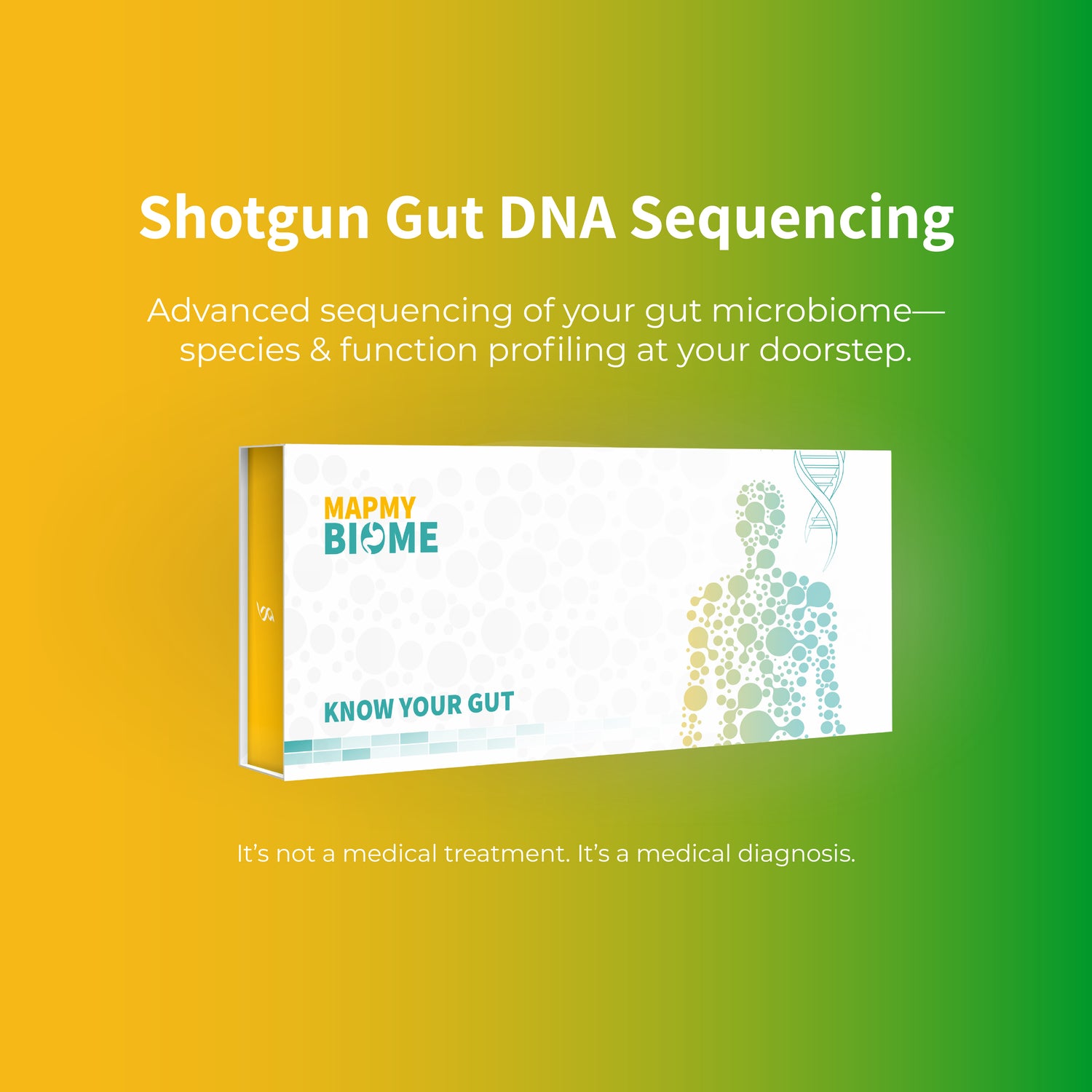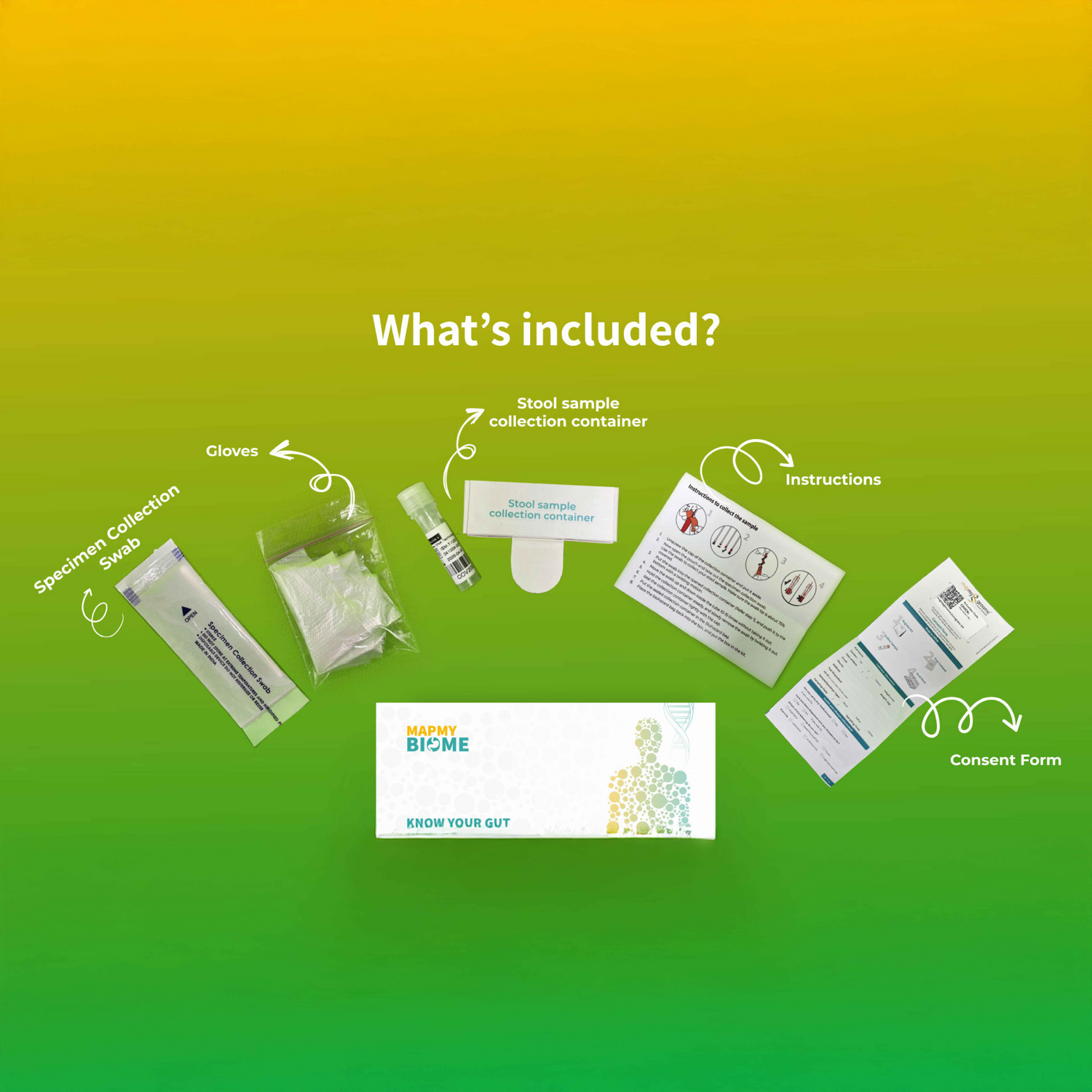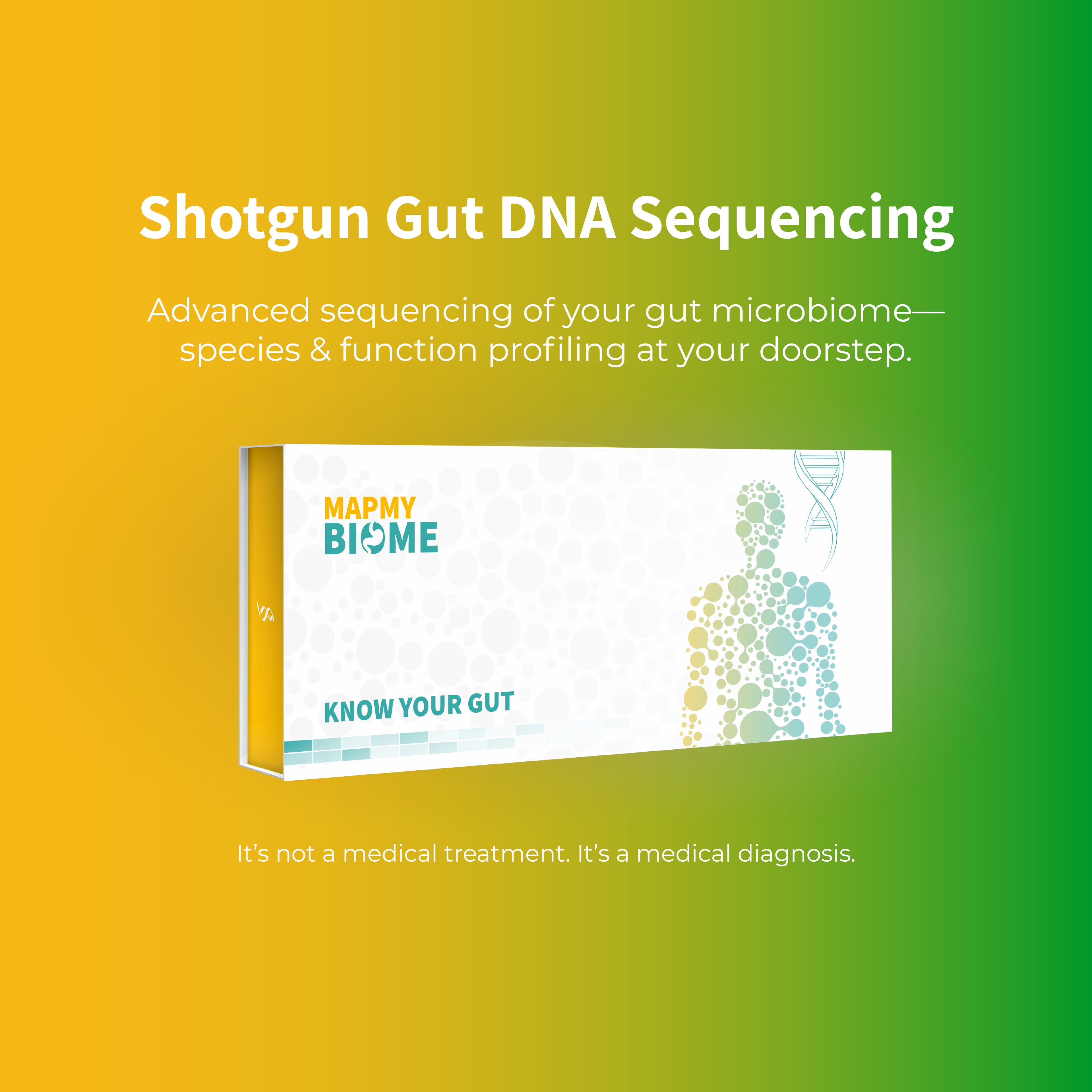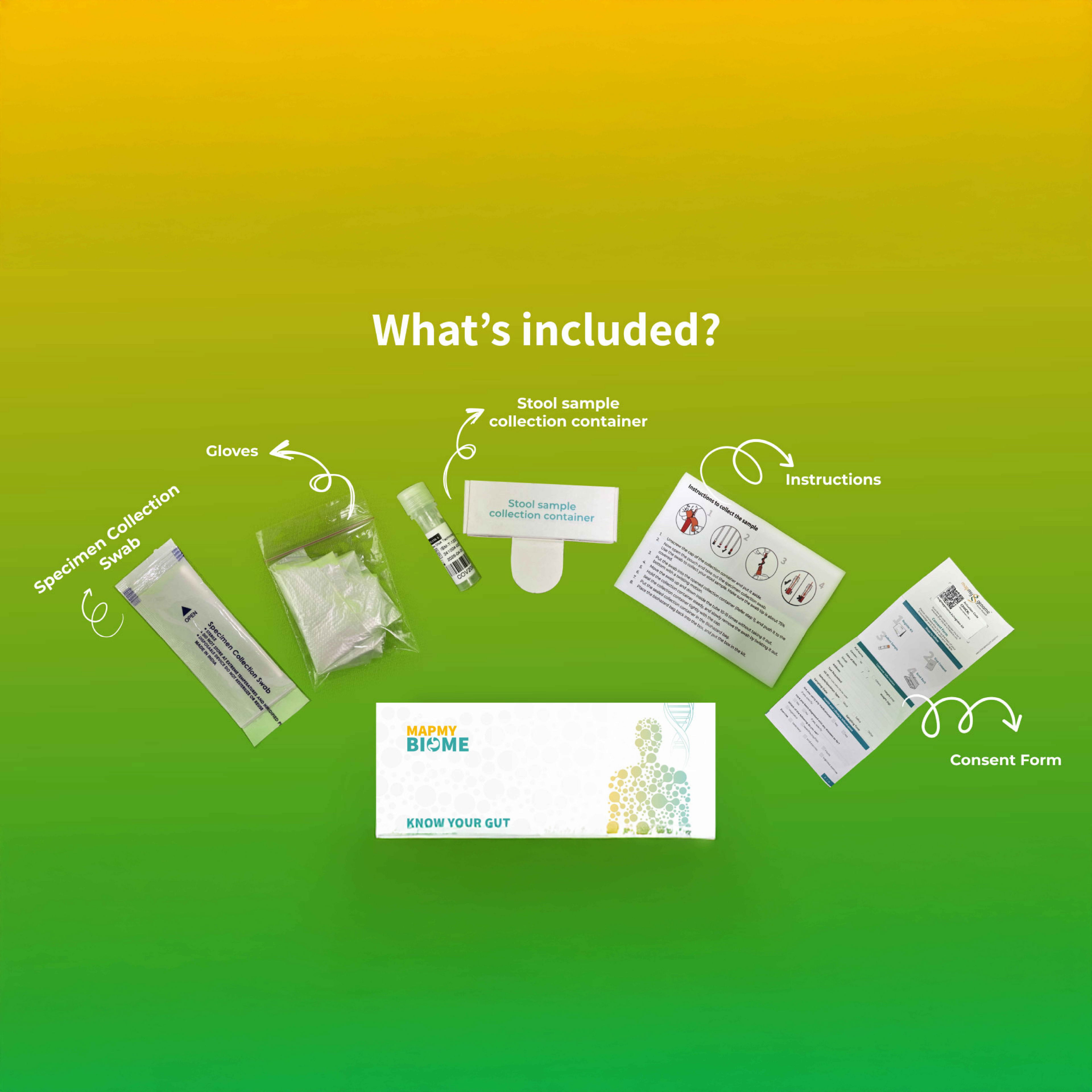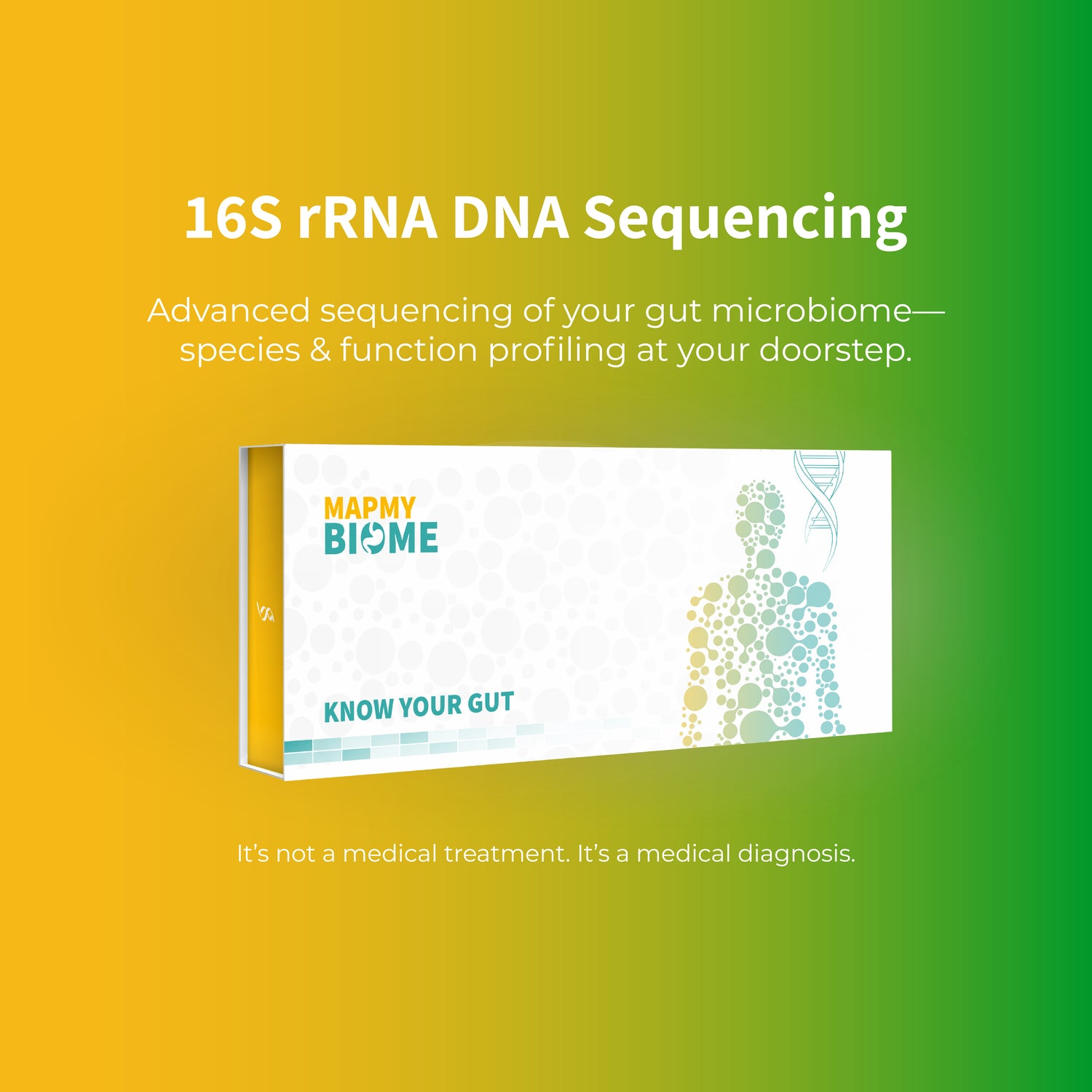Did you know that your social life could be influencing your gut health—right down to the microscopic level? Cutting-edge research reveals that the people you spend time with—friends, family, even friends of friends—share more than conversation; they may also share parts of your gut microbiome.
1. Social Networks: Sharing More Than Smiles
A Yale-led study mapping social networks in isolated Honduran villages found that people connected through social relationships—even those not related or living together—shared remarkably similar gut microbiomes, regardless of diet or environment. Spouses and household members had the highest levels of microbial sharing, followed by friends and even second-degree connections like friends of friends. Over two years, connected individuals became more microbiologically alike
2. Cohabitation & Close Bonds: Diversity Through Proximity
The long-standing Wisconsin Longitudinal Study showed that spouses—especially those in close, loving relationships—share more microbes than siblings or unrelated individuals. These couples also exhibited higher microbial diversity, which is a hallmark of better gut health. Furthermore, cohabitating individuals consistently demonstrate greater microbial richness and diversity compared to those living alone, offering benefits against digestive disorders like IBS and colitis.
3. The Emotional Connection: Intimacy Enhances Your Gut Too
In a pilot study of older couples by a group of researchers from International Journal of Environmental Research and Public Health, relationship satisfaction, intimacy, and open communication correlated with richer, more diverse gut microbiota. Conversely, partners who suppressed emotions—or "held back"—showed lower microbial diversity and shifts in key bacterial groups
Why It Matters: The Gut–Brain–Social Health Axis
Your gut and brain communicate bidirectionally via the gut–brain axis—a system of neural, immune, and hormonal signaling. A healthy, diverse microbiome supports mental health, stress resilience, and overall well-being .Social isolation, on the other hand, has been tied to a host of health issues, including chronic inflammation and genetic shifts related to immune response

Practical Tips To Strengthen Your Social Gut Health
-
Share meals with loved ones—eating together can prompt microbial sharing and emotional bonding.
-
Spend quality time with close friends and family—regular contact enriches microbial diversity.
-
Cultivate intimacy and communication—open, trusting relationships are good for both your heart and your gut.
-
Prioritize social connection—it’s as vital to health as sleep, stress management, and exercise.
Final Thoughts
Your social circle is more than just emotional support—it actively interacts with your gut microbiome. Strong relationships and consistent engagement may shape your microbial community, offering benefits from improved mood to reduced disease risk. So whether you're sharing laughter or a meal, your social life could be doing your gut a favor.




